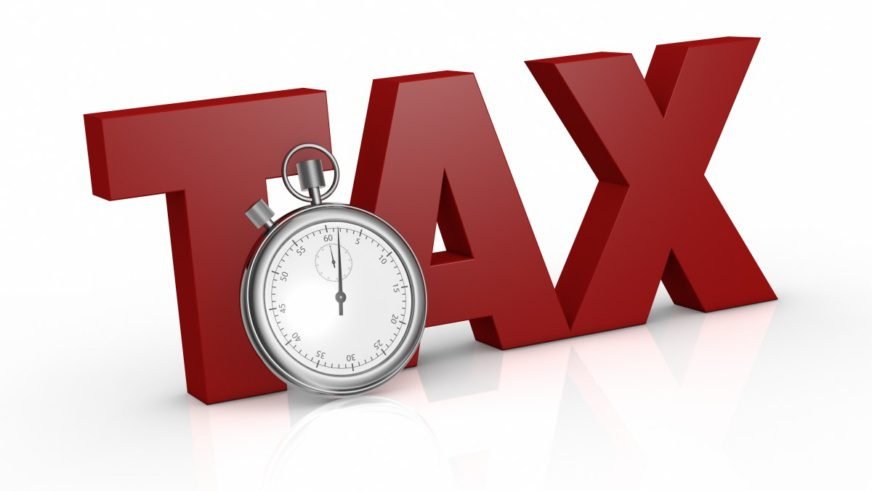It is common for costs to be incurred to entertain customers, shareholders, suppliers, or other business partners. However, this type of entertainment often contains a private element that would prevent the expenditure from being wholly and exclusively incurred for Business purposes.
As the private element can be difficult to estimate and apportion when looking at entertainment expenditure, a 50% deduction is allowed for Corporate Tax purposes in all cases of this type of expenditure.189
Entertainment expenditure includes expenditure in connection with meals, accommodation, transportation, admission fees, as well as facilities and equipment used in connection with such entertainment.190
Entertainment expenditure may include personal non-business expenditure, requiring the expenditure to be apportioned. Where the entertainment expenditure is not wholly and exclusively incurred for the purposes of the business, a Taxable Person will need to identify the appropriate proportion to be treated as entertainment expenditure and only 50% of that proportion will be deductible.
Entertainment expenditure
A family owned company owns a box at a football stadium, which is only used to entertain the company’s clients. There is a business purpose so the wholly and exclusively rule is satisfied. In this case, 50% of the cost would be treated as deductible as entertainment expenditure. The remaining 50% is not deductible.
Conversely, if the box was used by the owner’s (the shareholder’s) own family, the expenditure would be disallowed entirely as this would be personal consumption without a business purpose.
The deductibility limitation does not apply for expenditure incurred for staff entertainment. This means that, for example, the cost of internal entertainment such as staff parties can be fully deducted for Corporate Tax purposes unless the staff are family members and the event is private in nature (such as a wedding).
Entertainment expenditure
R LLC is a manufacturer of IT equipment, which recently decided to expand its operations by opening a new factory. In order to celebrate the opening of the new factory and generate sales, R LLC entertained a number of customers at the new facility. R LLC’s Accounting Income for the Tax Period was AED 7,000,000, which included AED 300,000 of business entertainment expenditure.
As only 50% of business entertainment expenditure is an allowable deduction for Corporate Tax purposes, AED 150,000 must be added back to R LLC’s Accounting Income when calculating its Taxable Income. Therefore, assuming there is no other adjustment which must be made, R LLC’s Taxable Income for the Tax Period is AED 7,150,000.
Non-deductible expenses
Aside from the circumstances discussed above, deductions are also specifically disallowed for:
Aside from the circumstances discussed above, deductions are also specifically disallowed for:
• Expenditure not incurred for the purposes of the Taxable Person’s Business;191
• Expenditure incurred in deriving Exempt Income;192
• Losses not connected with or arising out of the Taxable Person’s Business;193
• A donation, grant or gift made to an organisation that is not a Qualifying Public Benefit Entity (see Section 5.7.4.2);194
• Any fines and penalties, other than amounts awarded as compensation for damages or breach of contract;195
• Bribes;196
• Dividends, profit distributions or benefits of a similar nature paid to an owner of the Taxable Person;197
• Amounts withdrawn from the Business by a natural person who is a Taxable Person or a partner in an Unincorporated Partnership; 198
• Corporate Tax;199
• Recoverable input VAT;200
• Tax on income imposed outside the UAE (however, tax relief may be available as a Foreign Tax Credit);201 and
• Contributions made by employers to a private pension fund in respect of its employees which are not paid in the Tax Period or are in excess of 15% of the employee’s total remuneration in the relevant Tax Period.202
+9 71 4 393 1773
info@thevatconsultant.com
https://thevatconsultant.com




